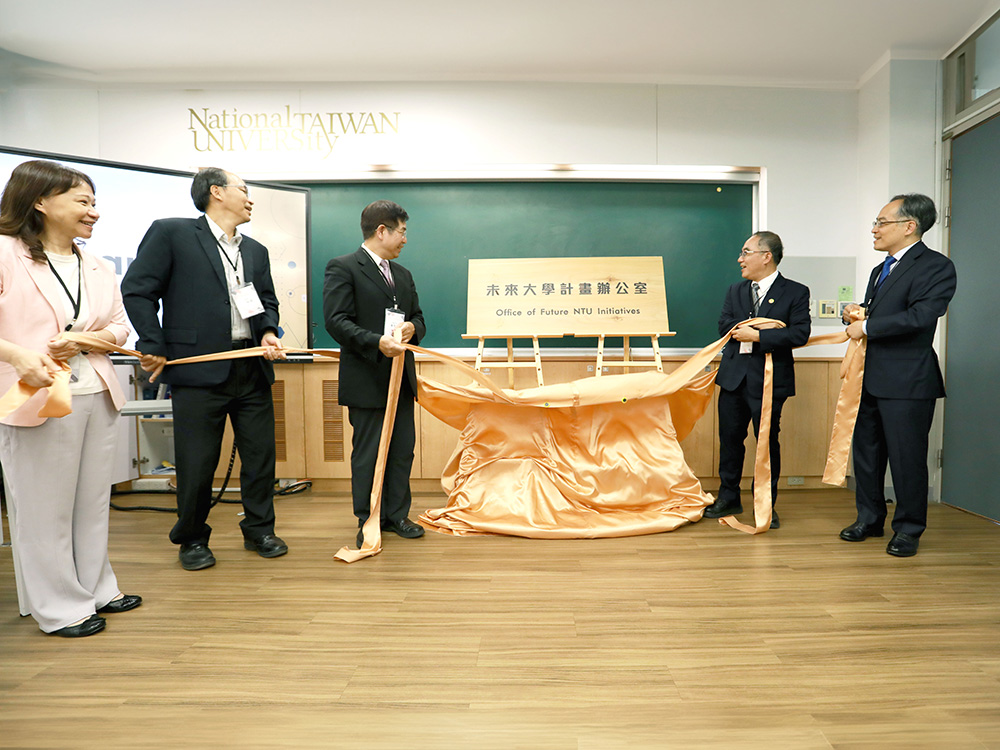
Inauguration of the Office of Future NTU Initiatives at National Taiwan University
瀏覽器版本過舊,或未開啟 javascript
請更新瀏覽器或啟用 javascript
Spotlights
Exoneration support practicum jointly opened by the NTU College of Law and the Taiwan Innocence Project.
The NTU College of Law and the Taiwan Innocence Project collaborate in offering an exoneration support practicum, titled “Wrongful Conviction.”
In recent years, public dissatisfaction with and lack of trust in legal professionals, from lawyers and prosecutors to judges, has become a major social concern. Although the pejorative "dinosaur judges," which describes judges who are out of touch with the realities of the common people, might not stand as an accurate representation of the situation, it does serve as an indicator of perceived shortcomings in the current professional legal system in Taiwan.
Legal education in Taiwan has always been focused on abstract interpretations of theory and legal requirements while placing little emphasis on the initial verification of facts and the process of legal subsumption. Consequently, a major element of recent reforms to legal education has involved the introduction of concepts like clinical legal education, which offers exposure to real-life cases to provide the students with a deeper understanding of the workings of the current legal system.
In keeping with such reforms, the NTU College of Law partnered with the Taiwan Innocence Project to open an exoneration support practicum, titled “Wrongful Conviction," during the first semester of the 2014 academic year. The course was taught jointly by Associate Prof. Yu-Wei Hsieh (謝煜偉) of the College of Law and the then Director of the Taiwan Innocence Project, Attorney Bing-Cheng Lo (羅秉成). By June 2017, the course had been held for six consecutive semesters and attended by over 110 students.
The conditions for gaining admission to the course are extremely strict. Only Master's and PhD students of the College of Law may enroll, but students who have passed examinations to be lawyers, prosecutors, or judges have priority. In fact, over 90% of the course attendees have passed such national examinations; moreover, some practicing lawyers and judges have taken the course, as well.
While the exoneration of wrongfully convicted people has been a significant social issue throughout history around the world, a number of cases in recent years have prompted Taiwanese society to show concern about this issue. Still, support for exoneration, not to mention exoneration research, remains underdeveloped here.
Students enrolled in the course are tasked with handling real-life cases and receive guidance from experienced professionals and scholars. The primary materials used in the course are cases and files provided by the Taiwan Innocence Project.
It is hoped that, by dealing with and researching real cases, students will explore new possibilities for academic research that are closer to real-life legal issues and concerns. At the same time, it is hoped that academic theory will benefit real legal operations, and that new energy will be injected into the promotion of legal reforms.
Ultimately, the course aims to cultivate well-rounded legal professionals who are sensitive to the nation's social context, understand the issues impacting contemporary society, and possess humanitarian spirit.
This article is featured in No. 64 of NTU Highlights (February, 2018).

Inauguration of the Office of Future NTU Initiatives at National Taiwan University
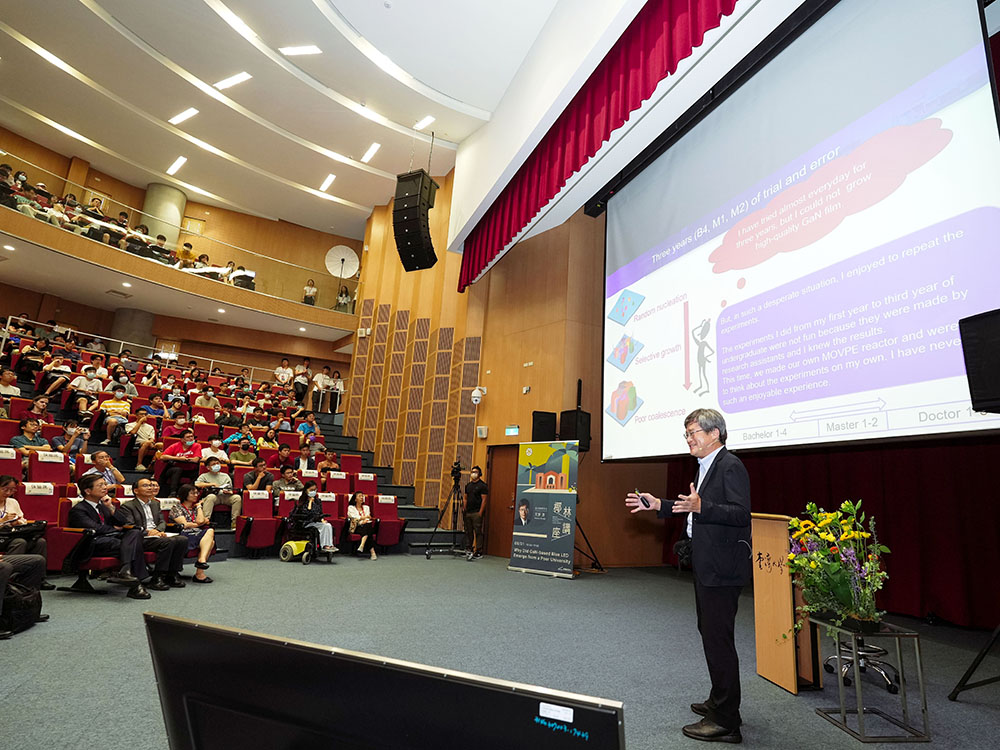
Nobel Laureate Hiroshi Amano's Lecture Marks the Beginning of NTU Royal Palm Lecture Series
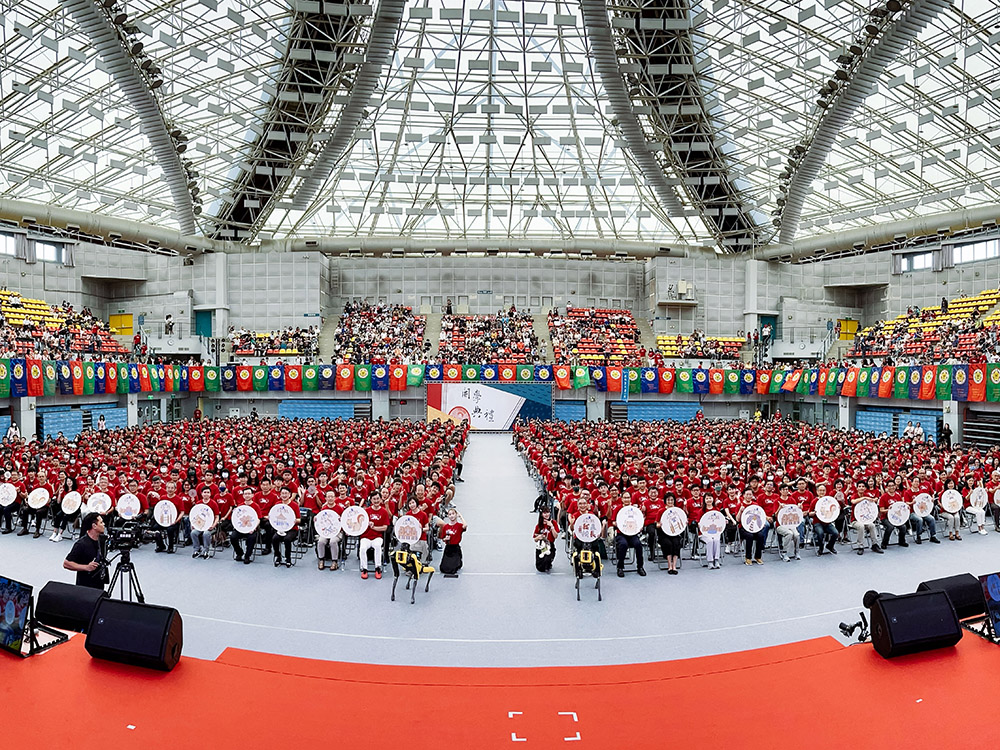
Opening Ceremony for the 112th Academic Year - Welcoming New Students to Become Part of the NTU Family
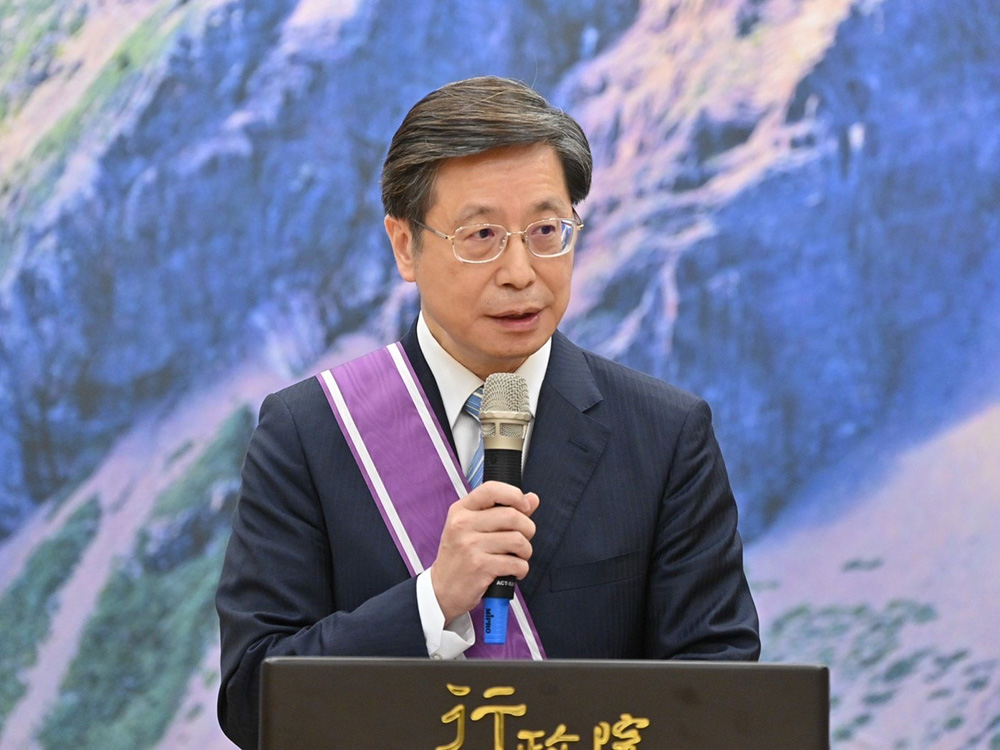
Vice President Shan-Chwen Chang was awarded the Third Class Order of Brilliant Star
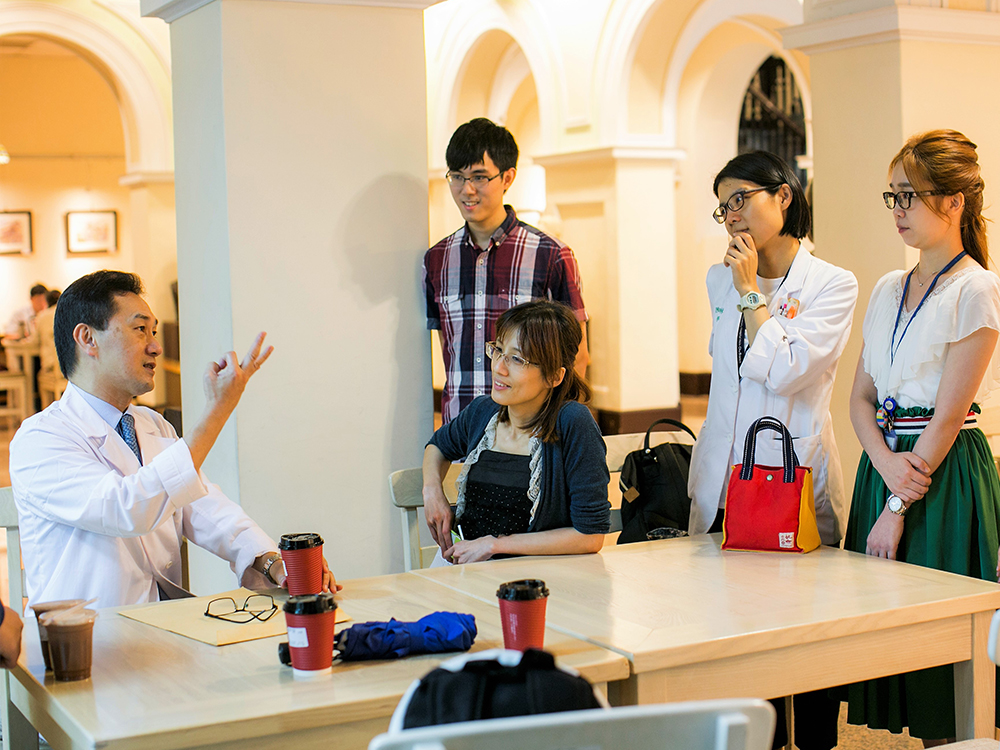
Congratulations! Prof. Lou Pei-Jen receives 2023 National Excellent Teacher Award
Current Spotlights